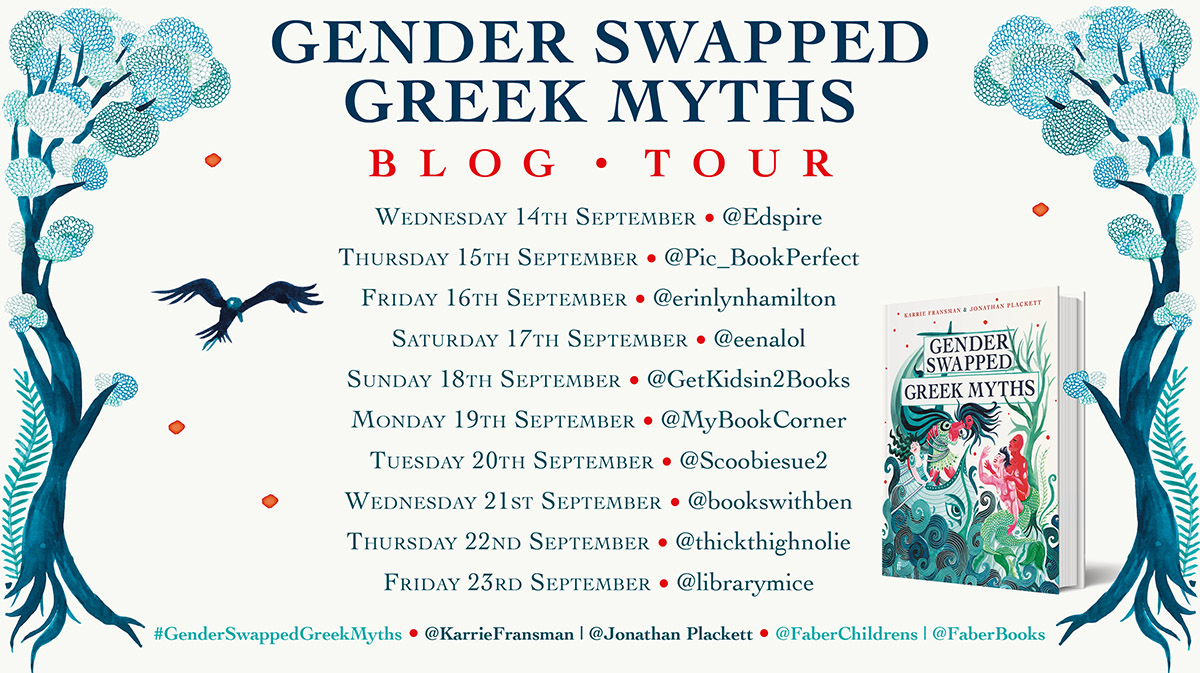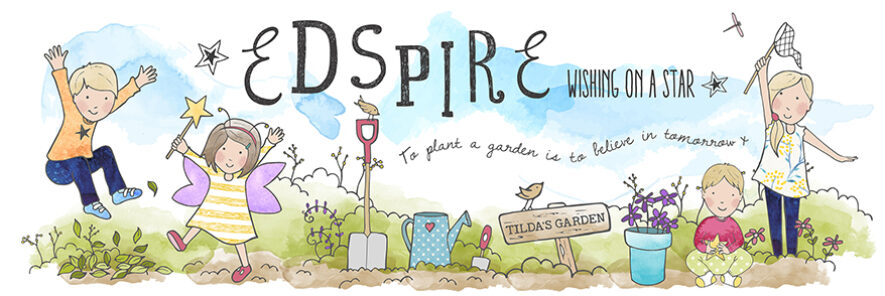Do you like Greek Mythology? Do you like learning about ancient civilisations, religions, cultures and traditions?
William, my 12 year old son, and I share a love of mythology and history. We have built over the years a collection of books filled with a wide range of retellings of the stories of Greek mythology.
We have joined the throngs of people who want to learn about life in the distant past through songs, ballads, poems and stories.
For thousands of years, Greek myths have been told and retold.
“Greek myths are not only rooted in reality but have helped shape modern thinking in many important ways. Their mythical nature does not take away from the fact they contain important morals and teachings that are as relevant now as they were thousands of years ago.”
https://www.centreofexcellence.com/greek-mythology-still-relevant/
The tales of Ancient Greece have stood the test of time. They are brilliant stories, perfect for performing, reading aloud or alone. These sagas are filled with quests, romance, family feuds, births, deaths, comedy, tragedy, gods, monsters, betrothals, betrayals and battles.
So much to love but also much to discuss and question, to challenge in our modern age.
Greek Myths are from a patriarchal society. In these stories, brutality and bravery are reserved for men, while women are wicked witches, princesses in need of rescuing or helpless maidens.
Today, these myths continue to shape our ideas about justice, tragedy and what makes a hero’s journey.
Karrie Fransman and Jonathan Plackett love these stories, and have found a way to breathe new life into them by making one crucial change…
Following the incredible success of Gender Swapped Fairy Tales they have taken that same simple step. They haven’t rewritten the stories in this book. They haven’t reimagined the endings, or reinvented characters. What they have done is switch all the genders to create Gender Swapped Greek Myths.
All the male characters have become female. The male characters have feminie traits, they do the things originally done by women, they behave the way women do in the original stories, say the things women say and it really makes you stop, look up from the page and really think. It is absolutely fascinating to read stories we know so well with these simple but striking changes that challenge how we feel and what we know about gender stereotypes. These stories are suddenly filled with truly mean, egocentric, arrogant, violent females.
Most of the gender swapping in the text is completed with a computer program, an algorithm. This blew William’s mind and he is now having a lot of fun trying to gender swap Lord of the Rings, The Hobbit, The Tales of King Arthur and Robin Hood among others. The concept and the digital element has totally captured his interest and he wants to read some of his favourite, classic books with the gender swaps. It has really got both him and I thinking about everything that we read.
It was interesting for us both to read the author and illustrator notes at the beginning of the book, to see how the algorithm was used to change the stories and which elements had to be adapted manually.
William also took great delight in the linguistics and especially the change of the names. Minoheifer made us both laugh! And we loved Medus with his beard of snakes.
It is hard to put into words how clever these books are and for me to explain why these gender swapped myths and the original Gender Swapped Fairy Tales are so important.
I am hoping people more eloquent than me on this blog tour will explain why this book is so brilliant and so beautiful. Because it really truly is and I urge you to read it for yourself and with your young people.

William and I have particularly enjoyed reading The Fall of Icara, Thesus and The Minoheifer, Odyssea and The Cyclopess, Arachnus The Weaver and Persea and the Medus’ Head.
I know that this is a book that we will read again and again. I think it is one that you will take something more from each time that you read it. It would be wonderful to use this book alongside more traditional retellins with children in upper KS2 and secondary education to see what they think of these Gender Swapped stories. I think there will be some incredible discussions and I hope that some children, like William, will be inspired to try changing the stories that mean the most to them to see a reflection of their world and to continue breaking down boundaries in stories and the world around them.
The way we tell stories matters. The way we see and understand and talk about the world around us and the people in it matters. Books like this one and its predecessor matter.
Thank you Faber Books for introducing us to this brilliant book and inviting us to be part of the tour.
If you are teaching or studying Ancient Greece or Greek Mythology
Have a look below for some of our favourite books on this topic
